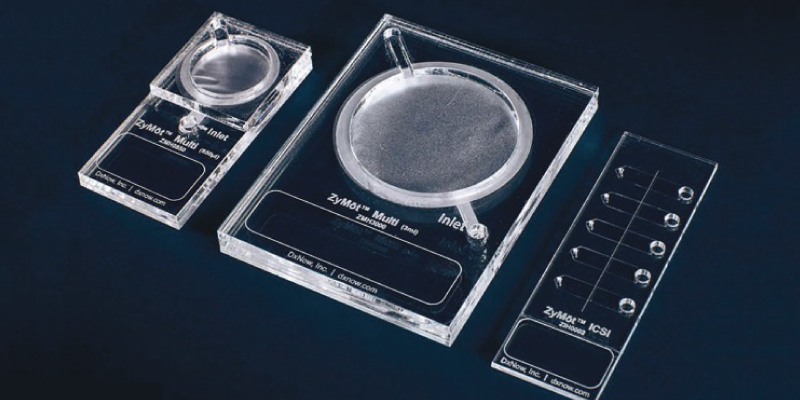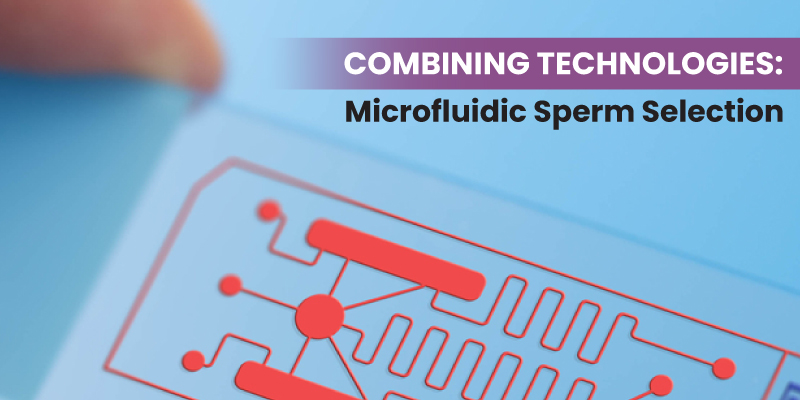Author: Dr. Prasanta Kumar Nayak, Consultant & Fertility Specialist
One in six of the adult population, globally, struggles with infertility. Both female and male fertility issues contribute to infertility. For fertilization to occur, a good population of best-quality sperm is required. Fertility issues in men make it difficult to meet this requirement. The root causes of male infertility include abnormalities in the quality, structure, number, volume, and DNA integrity of the sperm among other parameters.
Although Assisted Reproductive Technologies (ART) helps in reducing the stress of infertility, the effectiveness of the procedure depends on the quality of eggs and sperm used. In the case of sperm, this can be achieved by sperm sorting or sperm selection.
Why sperm sorting is important?
As part of evolution, natural conception has the benefit of distinguishing damaged sperm from healthy sperm. Owing to this screening process sperms with high DNA damage, abnormal structure, and low motility are prevented from reaching the egg.
For assisted reproductive techniques, the sperm selection process involves sperm washing and separation processes. After several washing steps, centrifugation methods are employed to separate good quality and highly motile sperm from impurities.
Although it is a widely used method, centrifugal force can cause sperm DNA fragmentation.
A high DNA fragmentation index is linked to miscarriage and potential recurrent pregnancy loss.
This is where microfluidics technology comes in as a useful alternative method for the selection of best quality sperm with minimal DNA fragmentation therefore increasing the chances of successful IVF/IUI.

What is Microfluidics?
Microfluidics is a multidisciplinary field and a rapidly emerging advancement. It is a technology that allows the manipulation and processing of small amounts of fluids in a precise manner by using small channels. The dimensions of these channels typically range from tens to hundreds of micrometers.
What is Microfluidic sperm sorting?
Microfluidic Sperm Sorting uses a chip which is designed to mimic the environment of the female reproductive system. It enhances sperm selection by filtering morphologically normal and highly motile sperm from immotile sperm. This method works on the principle of natural sperm selection; sperm with poor motility have high DNA damage.
The separated sperm have a better structure, with no or less DNA damage. These good-quality sperm are used to fertilize the eggs reducing the risk of passing on the damaged DNA.
Advantages of Microfluidics:
– Improved and efficient screening
– Quick and precise results
– Reduced operational cost due to low sample volumes
– Can be used for semen samples with very low sperm count and poor motility
– Portable and automated analysis
When is microfluidics sperm sorting Test recommended?
– Recurrent implantation failure
– Multiple failed IUI cycles
– Recurrent miscarriages
– Chronic genital tract infections
– High sperm DNA fragmentation index
Conclusion:
A good quality population of sperm is necessary for successful outcomes of artificial insemination, in-vitro fertilization (IVF), intracytoplasmic sperm injection (ICSI), and sperm cryopreservation. Ever since microfluidics has been adopted for sperm selection it has increased the positive outcomes of ART. Its enhanced screening process has facilitated in the sorting of improved quality and quantity of sperm.


